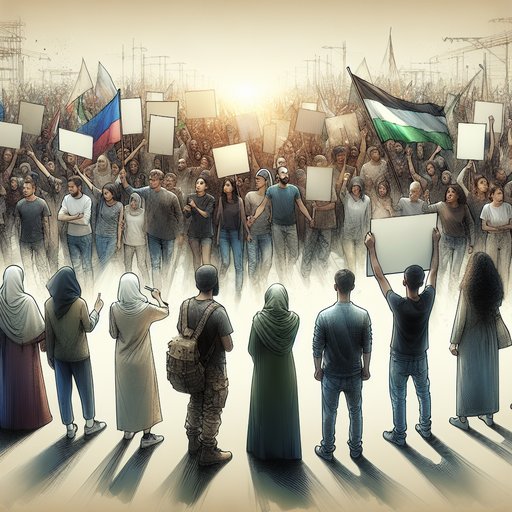
A wave of pro-democracy protests and political tensions has swept across multiple continents, highlighting growing concerns about democratic institutions and human rights. In India, opposition leaders are challenging alleged voter list manipulation, while in Washington DC, protesters are opposing what they view as an unprecedented federal takeover of local law enforcement. These events reflect a broader pattern of citizens worldwide standing up for democratic principles and transparency in governance.
In India, opposition politicians, including prominent leader Rahul Gandhi, have taken to the streets to protest against controversial electoral roll revisions. The demonstration led to brief detentions of several lawmakers, as they voiced concerns about potential manipulation of voter lists from last year's elections [1]. The opposition is building pressure on the government with allegations of compromised voter registrations [2].
In Washington DC, a significant controversy has erupted over the federal government's intervention in local law enforcement. Protesters are challenging what they characterize as an abuse of emergency powers to justify federal control of the city's police force and National Guard deployment. Local DC-rights activists have denounced the move as "just authoritarianism" [3].
Adding to the pattern of legal challenges to authority, federal prosecutors are facing difficulties securing convictions in ICE protest cases, primarily due to credibility issues with federal officers' testimonies [4]. This development has raised questions about accountability in law enforcement and the protection of protest rights.
Within the European Union, internal dissent has emerged as EU staff members protest the organization's stance on Gaza. Demonstrators are accusing the Commission of failing to meet its "moral and legal obligations" [5]. This internal revolt highlights the growing tension between institutional positions and employee conscience on human rights issues.
























